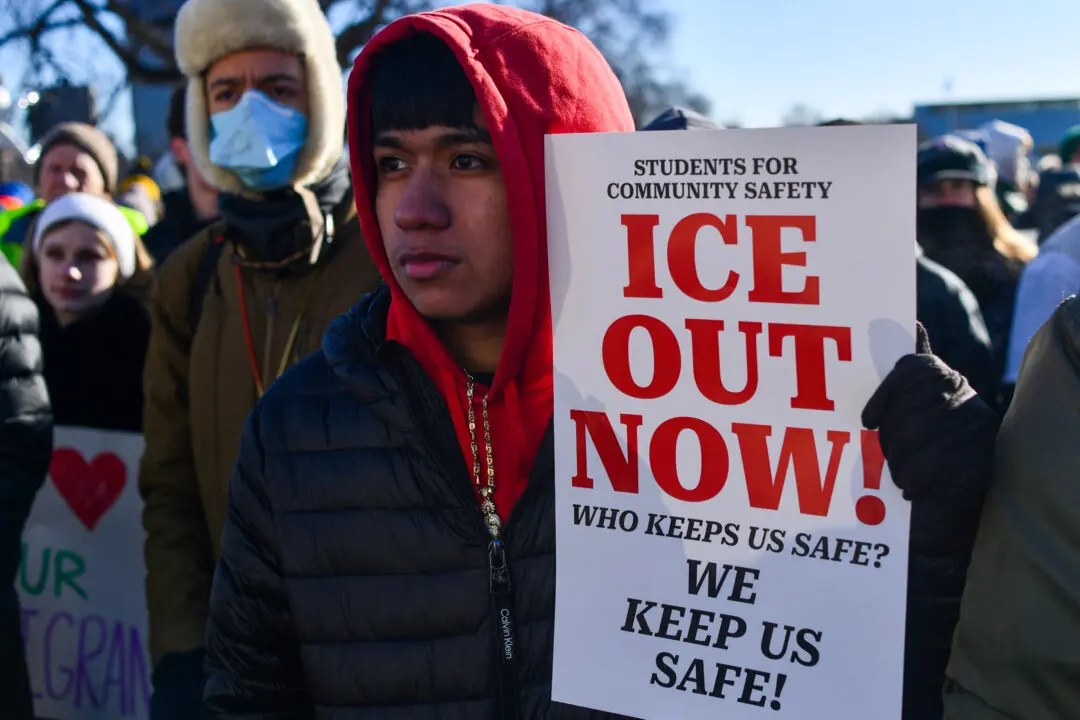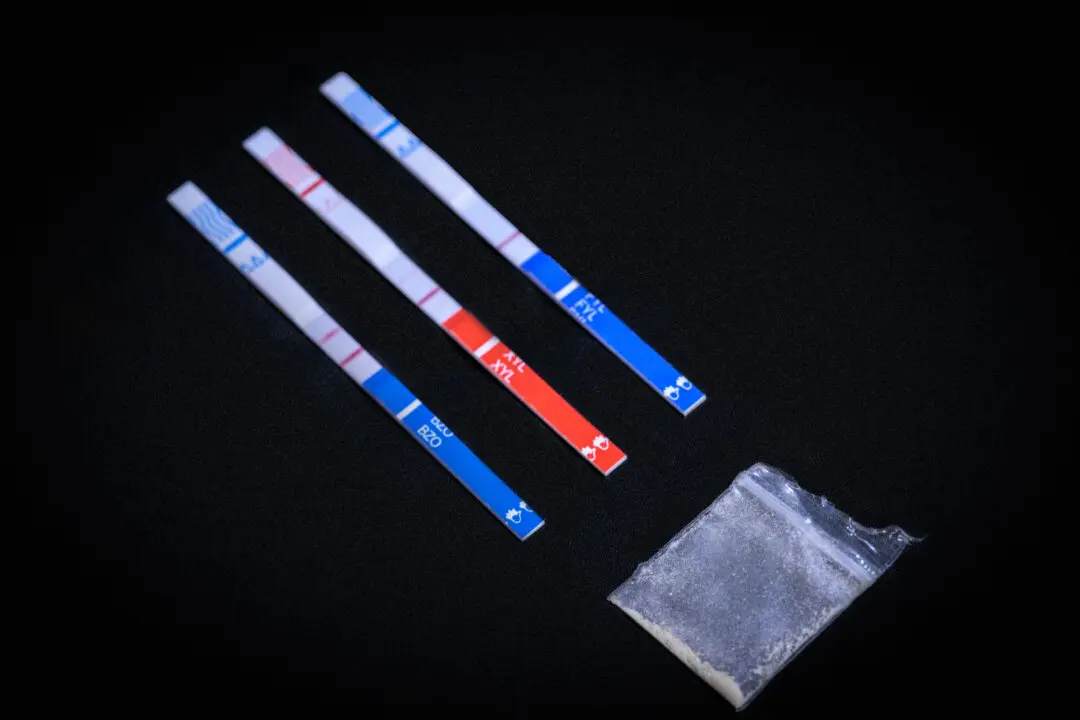Texas could go the way of Georgia if the state’s election integrity laws are not vigorously defended.
That’s according to Attorney General Ken Paxton who gave insight into Texas’ fight to stop Democrat-controlled counties from sidestepping election law during the pandemic and the ongoing defense of election integrity laws.





